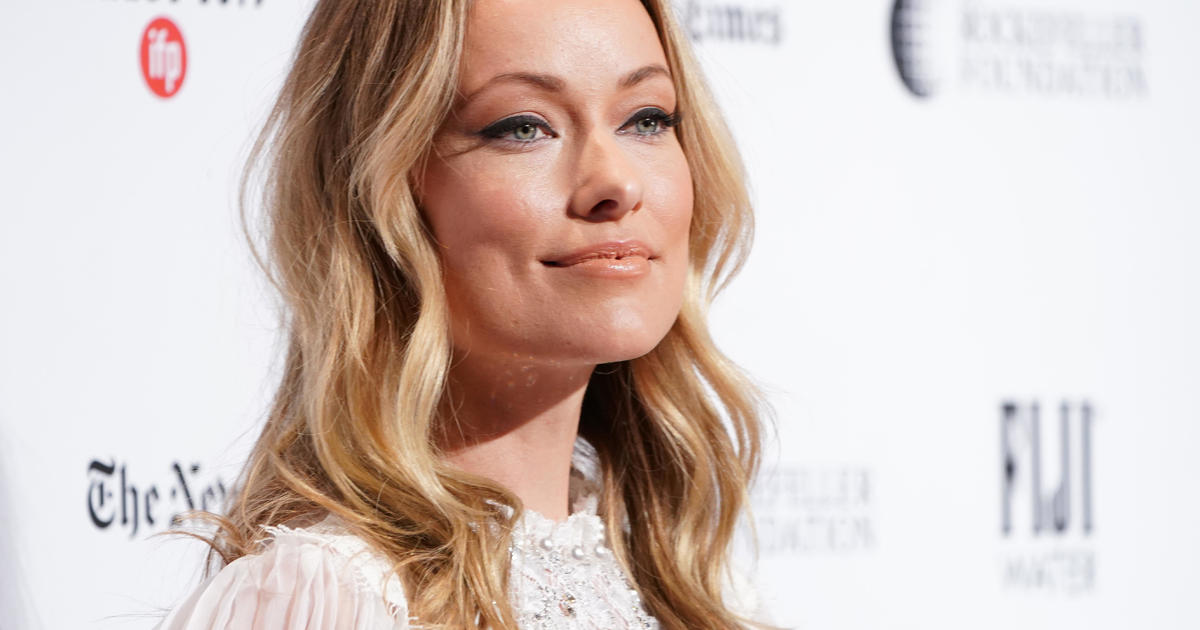
Clint Eastwood’s upcoming film “Richard Jewell” is facing heavy criticism over its depiction of a real-life female reporter. The film, which follows the life of Richard Jewell after the 1996 Summer Olympics bombing in Atlanta, Georgia, shows Atlanta-Journal Constitution reporter Kathy Scruggs offering sex for confidential information about the case — which the newspaper called “false,” “malicious,” and “extremely defamatory” in a letter released Monday.
In a letter to Eastwood, screenwriter Billy Ray, Warner Bros., and other parties, lawyers for The Atlanta Journal-Constitution and its parent company said Scruggs, who died in 2001, was reduced to a “sex-trading object in the film.”
“Such a portrayal makes it appear that the AJC sexually exploited its staff and/or that it facilitated or condoned offering sexual gratification to sources in exchange for stories. That is entirely false and malicious, and it is extremely defamatory and damaging,” the letter said.
“We hereby demand that you immediately issue a statement publicly acknowledging that some events were imagined for dramatic purposes and artistic license and dramatization were used in the film’s portrayal of events and characters,” the letter continued. “We further demand that you add a prominent disclaimer to the film to that effect.”
Jewell entered the national spotlight on July 27, 1996, after a pipe bomb was left in a bag near a large crowd at the Olympic games. Jewell, a security guard, found the bomb and reported it to nearby police. It eventually exploded, killing one person and injuring 112 others.
Jewell was initially hailed as a hero for finding the bomb. But soon after, the FBI began investigating him because he was believed to fit a personality profile of a lone bomber. Scruggs broke the story that the FBI was investigating Jewell; after her report, his reputation was tarnished by negative press coverage.
Jewell was exonerated in 1988, after Eric Rudolph was found responsible for the bombing. He later sued the Atlanta-Journal Constitution and five other companies for libel. The Constitution was the only outlet that did not settle, and the case was eventually dismissed in 2011.
In an emailed statement to CBS News, Warner Bros. said, “The film is based on a wide range of highly credible source material. There is no disputing that Richard Jewell was an innocent man whose reputation and life were shredded by a miscarriage of justice. It is unfortunate and the ultimate irony that the Atlanta Journal Constitution, having been a part of the rush to judgment of Richard Jewell, is now trying to malign our filmmakers and cast. ‘Richard Jewell’ focuses on the real victim, seeks to tell his story, confirm his innocence and restore his name. The AJC’s claims are baseless and we will vigorously defend against them.”
Warner Bros. added that the film has a disclaimer at the end, which reads, “The film is based on actual historical events. Dialogue and certain events and characters contained in the film were created for the purposes of dramatization.”
In response to the movie’s pending release, the newspaper published a story in late November defending Scruggs’ character.
“My concern is they’re going to turn her into some sort of femme fatale who would do anything to get a story,” said former AJC reporter Ron Martz, who worked with Scruggs on much of the bombing coverage. “If they had actually contacted me it might have ruined their idea of what they wanted the story to be. It’s obvious to me they did not go to any great lengths to find out what the real characters were like.”
Mike King, one of Scruggs’ editors at the time, said Scruggs “rarely” had to be told to get more information. “She spent a lot of time talking to cops, attorneys, prosecutors,” he said. “When a crime took place, she would come back with the chatter. She was the ultimate reporter at working sources.”
Other reporters are questioning Scruggs’ depiction, too. HuffPost senior reporter Jeffrey Young tweeted that this stereotype makes female reporters’ jobs more difficult.
Los Angeles Times political reporter Melissa Gomez tweeted that the portrayal is “deeply wrong.”
Actress Olivia Wilde, who plays Scruggs in the film, stood by the portrayal despite the criticism. She told Deadline on Monday that “minimizing” Scruggs to the scene where she appears to offer sex for information to an FBI agent is a “double standard.”
“She had a very close relationship with the cops and the FBI helping to tell their story, and yes, by all accounts she had relationships with different people in that field,” Wilde told Deadline. “But what I resented was this character being boiled down to one inferred scene and I don’t hear anyone complaining about Jon Hamm’s character as being inferred that he also had a relationship with a reporter.”
“If there’s anything slightly questionable about a female character, we often use that in relation to condemn that character or to condemn the project for allowing for a woman to be impure in a way,” she said. “It’s a misunderstanding of feminism to assume that all women have to be sexless. I resent the character being minimized to that point.”
The movie is set for release December 13.

